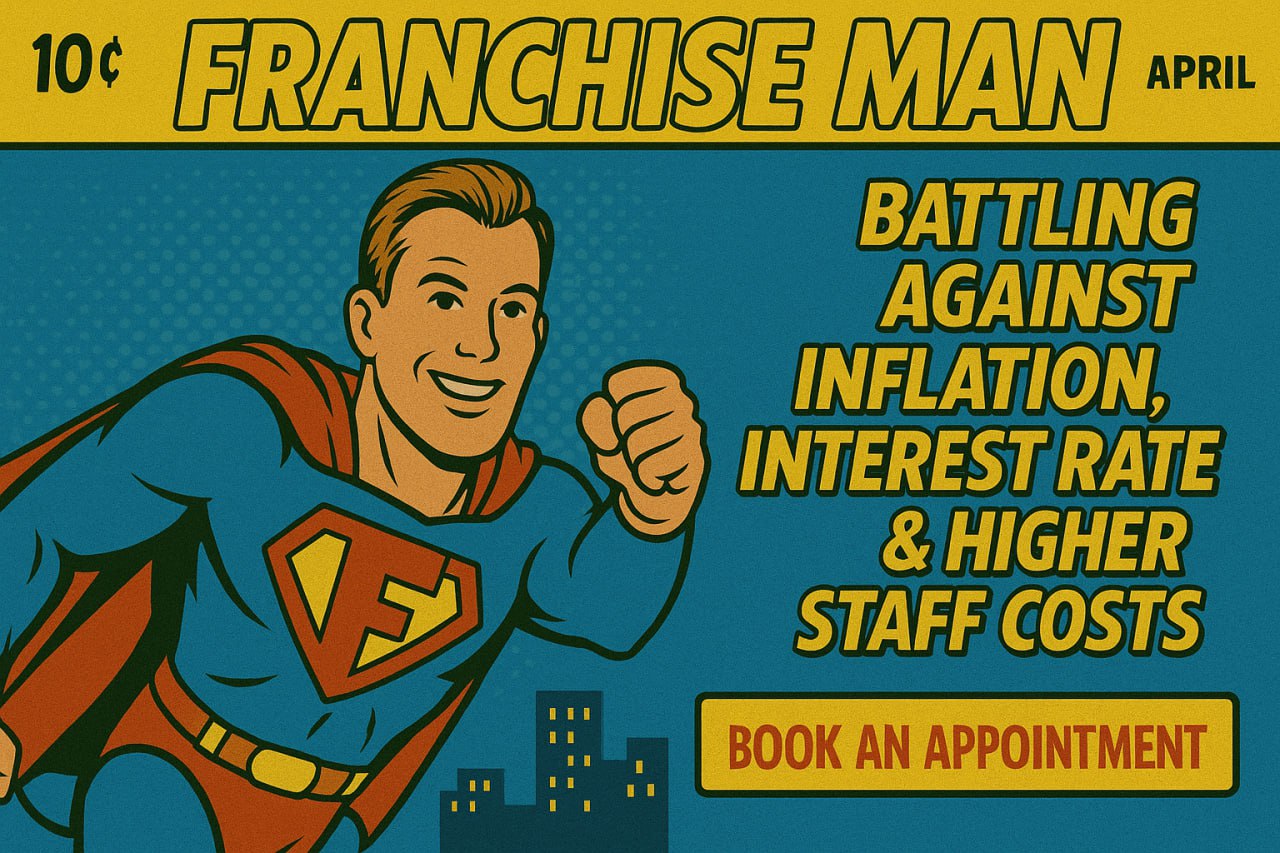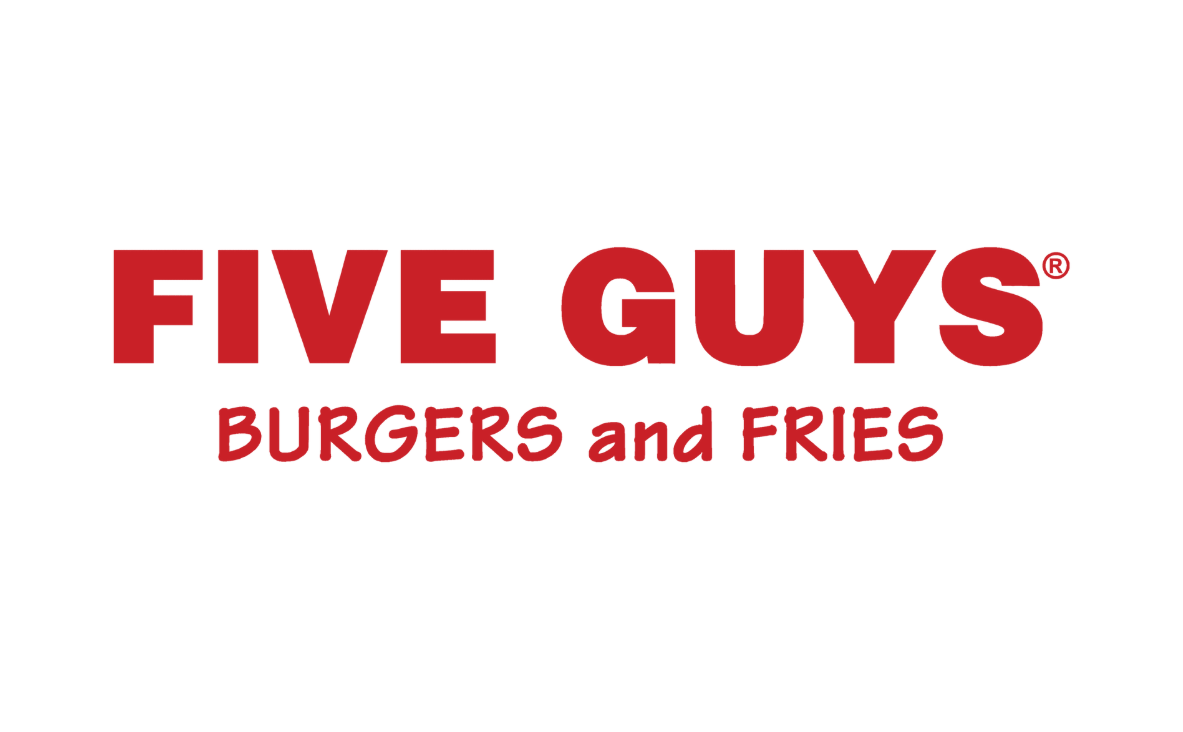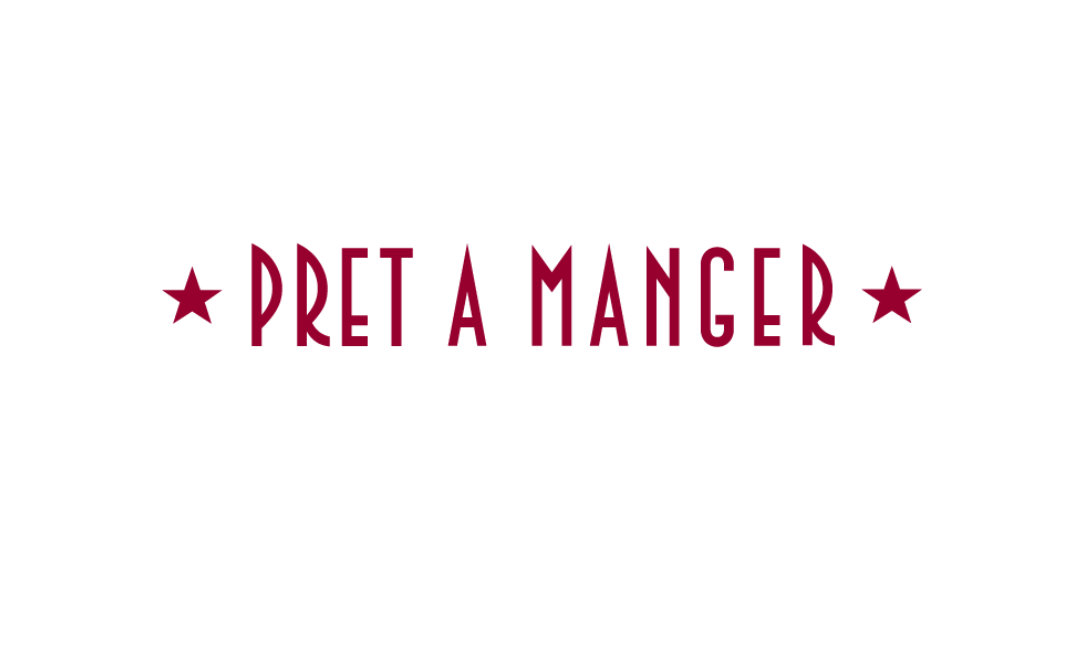
In an industry historically dominated by business manuals and seminars, a bold new hero has emerged—Franchise Man, the world’s first digital franchising comic character. Created to bring fun, education, and inspiration to the franchising world, Franchise Man blends the power of storytelling with the complexity of business ownership, turning what once felt intimidating into an accessible and entertaining experience.
Launched as a fully digital comic series, Franchise Man is not just a cartoon; he’s a brand ambassador, educator, and motivator wrapped in a spandex suit and fueled by entrepreneurial passion. The character is designed to teach aspiring business owners the ropes of franchising—from finding the right concept to understanding legal agreements, marketing strategies, and scaling operations—using humor, action, and engaging storylines.
What sets Franchise Man apart is its pioneering format. It’s the first digital comic to focus exclusively on the world of franchising, making it a groundbreaking moment for both industries: comics and small business. Developed by a team of franchise consultants, marketing experts, and comic artists, the series combines real-world franchise insights with superhero storytelling. Each issue follows Franchise Man as he battles “The Competitor,” outsmarts the villainous “Franchise Fraud,” and saves struggling entrepreneurs from business failure—all while offering practical tips and real-life lessons.
Behind the scenes, the creators envisioned Franchise Man as more than just entertainment. “Franchising can be overwhelming, especially for first-time entrepreneurs,” said the comic’s creator. “We wanted to deliver knowledge in a way that was fun, modern, and memorable. Comics are a universal language—why not use that to teach business?”
Released in a digital-first format, the comic leverages interactive content, embedded educational links, and even QR codes that lead to business tools, webinars, and franchise directories. Readers can swipe through dynamic panels, access bonus business tips, and unlock templates to apply what they learn from Franchise Man’s adventures to their own entrepreneurial journey.
Franchise Man’s digital-first approach also means that it is accessible to a global audience. Aspiring franchisees from anywhere in the world can read the comic, regardless of industry or experience level. Whether you’re dreaming of owning a food truck or launching a multi-unit gym franchise, Franchise Man offers guidance disguised as fun.
The reception has been overwhelmingly positive. Franchise consultants have begun recommending the comic to clients as an onboarding resource. Business schools are exploring its use in entrepreneurship programs. Social media has been abuzz with fans posting their favorite panels, many of which highlight Franchise Man’s witty catch phrases like “With great systems comes great scalability.”
In addition to the comic, the brand is expanding into animated shorts, merchandise, and even a podcast where Franchise Man “interviews” real-world franchise leaders. Plans are underway to gamify the comic experience, allowing users to make business decisions in real-time and see how they play out in the franchise world.
Franchise Man is more than a superhero—he’s a symbol of a new way to learn, a mascot for franchise success, and a digital pioneer in business storytelling. As the first of its kind, this comic has carved a niche where none existed, giving franchising a face, a cape, and a sense of humor.
In a world where education meets entertainment, Franchise Man proves that business doesn’t have to be boring—and that even entrepreneurs need a superhero.

In recent years, the fitness industry has undergone a significant transformation. With increased demand for flexible and affordable gym memberships, brands like PureGym have gained prominence across the UK. Known for its no-frills model, easy access, and low-commitment memberships, PureGym has become a popular choice for health-conscious individuals. But beyond its public-facing simplicity lies a more complex business structure. One question often asked is whether PureGym operates as a franchise in the UK. Contrary to the assumption that it functions solely through corporate ownership, PureGym has indeed embraced franchising as part of its UK growth strategy.
A Shift in Business Model
PureGym originally built its reputation on a model of company-owned gyms. This structure enabled tight control over service standards, brand identity, and operational practices. However, as the brand matured and looked for new ways to scale, franchising emerged as a viable method to expand its footprint more rapidly without compromising on quality. By opening the door to franchise partnerships, PureGym allowed experienced entrepreneurs and investors to operate gyms under its name while following a proven formula for success.
This shift reflects a broader evolution in the fitness sector, where franchising has become a popular route for companies to reach more communities. For PureGym, the move toward franchising was a strategic one, enabling the brand to tap into local market knowledge and drive faster growth across the country.
How Franchising Works Within PureGym
PureGym’s franchise system in the UK is structured to maintain brand consistency while offering operational flexibility to partners. Franchisees benefit from the company’s established reputation, marketing support, and operational framework. In return, they agree to uphold the brand’s standards and deliver a consistent member experience. This partnership model ensures that new locations align with the expectations customers have come to associate with the PureGym name.
Franchisees are provided with comprehensive training and support, covering everything from site selection and gym design to technology integration and staff recruitment. This structured approach makes it easier for franchise owners to hit the ground running and maintain the high levels of service expected across the network.
Benefits of the Franchise Model for Expansion
Franchising allows PureGym to grow without the limitations of managing every location directly. With local franchisees taking on responsibility for day-to-day operations, the company can focus on broader strategic goals such as innovation, marketing, and technology. This dual approach strengthens the brand’s presence while keeping operational costs lean.
For franchisees, the appeal lies in joining a business that already has widespread recognition and a proven concept. They can operate a gym under a trusted brand, attract members more easily, and benefit from centralised systems that simplify operations. The result is a mutually beneficial relationship that drives both business growth and customer satisfaction.
Franchising as Part of PureGym’s Identity
Although franchising is just one aspect of PureGym’s overall structure, it is now a recognized part of the company’s approach within the UK. It demonstrates a willingness to evolve and respond to market opportunities. The inclusion of franchises allows PureGym to enter new towns and communities more efficiently, bringing its unique blend of affordability and convenience to a wider audience.
This model also supports local economies by enabling individual investors and business professionals to run successful gyms while staying closely connected to their communities. The flexibility and scalability of franchising have helped solidify PureGym’s position as a leading force in the UK fitness sector.
Conclusion
PureGym has indeed adopted franchising as a key component of its growth strategy in the UK. What began as a purely corporate-owned model has evolved to include carefully structured franchise partnerships that uphold the brand’s identity while enabling local ownership. This approach has allowed PureGym to expand its reach, remain competitive, and meet the growing demand for accessible fitness solutions. As the market continues to change, franchising will likely remain an integral part of how PureGym grows and adapts across the country.

Five Guys Burgers and Fries, commonly referred to as simply “Five Guys,” has grown from a humble family-run operation into a major player in the global fast-food industry. Founded in 1986 in Arlington, Virginia, the restaurant is known for its no-frills approach to food: juicy burgers, crispy fries, and a focus on fresh ingredients. What many people may not realize, however, is that Five Guys is indeed a franchise — and its success story is a textbook example of how strategic franchising can transform a small brand into a household name.
The Origins of Five Guys
The original Five Guys was started by Jerry and Janie Murrell, along with their five sons, who inspired the name of the restaurant. The family’s philosophy was simple: “If you’re going to sell burgers, sell a good one.” They focused on quality ingredients and a limited menu, emphasizing customer satisfaction and consistency. For the first 15 years, the Murrell family operated just a handful of locations around the Washington, D.C. area, choosing to maintain direct control over every aspect of the business.
Transitioning Into Franchising
It wasn’t until 2002 that Five Guys began franchising. The decision marked a major turning point for the brand. The Murrell family recognized the demand for their product and saw franchising as a way to scale rapidly without losing control of their brand’s identity. They partnered with Fransmart, a franchise development company, to carefully roll out their new franchising model. Unlike many companies that race into franchising with minimal oversight, Five Guys took a highly selective approach, ensuring that only well-qualified franchisees were allowed to operate under the brand.
Rapid Expansion Through Franchising
The results were almost immediate and overwhelmingly positive. By 2003, just one year after beginning to franchise, Five Guys had sold over 300 franchise units. Over the next decade, the company expanded rapidly across the United States and eventually into international markets, including Canada, the United Kingdom, and the Middle East.
Despite the fast growth, the company has maintained strict control over its core values and operational procedures. All Five Guys locations, franchised or corporate-owned, follow the same menu and sourcing policies. This consistency has helped preserve the brand’s reputation for quality.
What Makes Five Guys Franchising Unique?
Several key factors distinguish the Five Guys franchise model from others in the fast-food industry. First, Five Guys mandates a high standard of food preparation. There are no freezers in any location; all ingredients are delivered fresh, which aligns with the brand’s promise of quality. Additionally, the company provides extensive training and support to franchisees, ensuring they maintain the company’s high standards.
Another defining characteristic is Five Guys’ commitment to simplicity. The menu is deliberately limited, focusing almost exclusively on burgers, fries, hot dogs, and a few milkshake options. This simplicity allows the company to concentrate on doing a few things exceptionally well, rather than spreading itself thin across a sprawling menu.
Global Presence and Ongoing Growth
Today, Five Guys operates more than 1,700 locations worldwide, with thousands more in development. Its franchising model has allowed the brand to reach new markets while preserving the values that made the original Arlington location a local favorite. The company remains privately owned by the Murrell family, which allows them to continue making long-term decisions rather than chasing quarterly earnings.
Conclusion: A Franchise Built on Quality and Vision
In summary, Five Guys is not only a franchise — it is a franchise success story that showcases how a commitment to quality, consistency, and smart business practices can lead to explosive, sustainable growth. By maintaining strict standards, providing robust support to franchisees, and sticking to its founding principles, Five Guys has become one of the most recognizable and respected fast-casual chains in the world. The story of Five Guys proves that with the right foundation, a simple idea can turn into a global phenomenon.

Pret A Manger, commonly referred to as “Pret,” is a well-known chain of sandwich shops and cafes that has become a staple on high streets across the UK and beyond. Known for its fresh food, organic coffee, and fast service, Pret appeals to busy professionals and health-conscious consumers alike. With its strong brand identity and wide presence, many aspiring entrepreneurs wonder whether they can buy a Pret franchise and bring this successful model to their own local area. This article explores whether Pret operates as a franchise and outlines what options are available for those looking to invest in the brand in the UK.
Is Pret a Franchise?
Historically, Pret A Manger did not offer traditional franchise opportunities. Since its founding in 1986, the company has operated with a strong emphasis on centralised control, maintaining its quality and consistency across all outlets. All stores were company-owned for decades, allowing Pret to enforce its standards and culture directly. This tight operational control helped the brand build a reputation for freshness, efficiency, and customer service.
However, in more recent years, Pret a manger has shifted slightly in its approach. Pret has begun to offer franchising agreements. In the UK, Pret has traditionally retained direct ownership of its stores. But in recent years, the company announced that it would start trialling franchising in the UK as part of a broader growth strategy. This marked a notable shift, opening the door for entrepreneurs to invest in the brand.
How to Buy a Pret Franchise in the UK
If you’re interested in owning a Pret franchise in the UK, the process is not as straightforward as purchasing a standard food franchise. Pret’s franchising model is still selective and not yet available to the general public in a widespread way. Instead, the company tends to work with established multi-unit franchise operators who have a proven track record in food and retail operations.
To begin exploring opportunities, interested parties should start by reaching out directly to Pret’s corporate development or franchise team through the company’s official website. While Pret may not actively advertise open franchise opportunities in the UK, expressing interest and demonstrating relevant experience in the sector can be the first step toward consideration.
It is important to be aware that Pret looks for partners who share its values around quality, service, and sustainability. A potential franchisee would likely need to show a commitment to staff training, ethical sourcing, and maintaining high operational standards. Financial stability and the capacity to invest in multiple units may also be prerequisites, especially since Pret is more likely to work with large franchise groups rather than individuals seeking to run a single outlet.
There may also be a need to meet specific location requirements. Pret typically opens stores in areas with high foot traffic, such as city centres, transport hubs, and business districts. A thorough understanding of commercial real estate and the ability to secure prime locations would therefore be beneficial.
Conclusion
While Pret A Manger has historically been a company-owned operation in the UK, recent developments have made franchise opportunities possible. However, these opportunities are currently limited and highly selective, with a focus on experienced operators rather than individual entrepreneurs. Those who are seriously interested in becoming part of the Pret brand should be prepared to meet rigorous criteria and make a substantial investment. As Pret continues to evolve its business model, franchising could play a larger role in its UK strategy, potentially offering more opportunities in the future for ambitious investors ready to embrace the brand’s values and vision.
